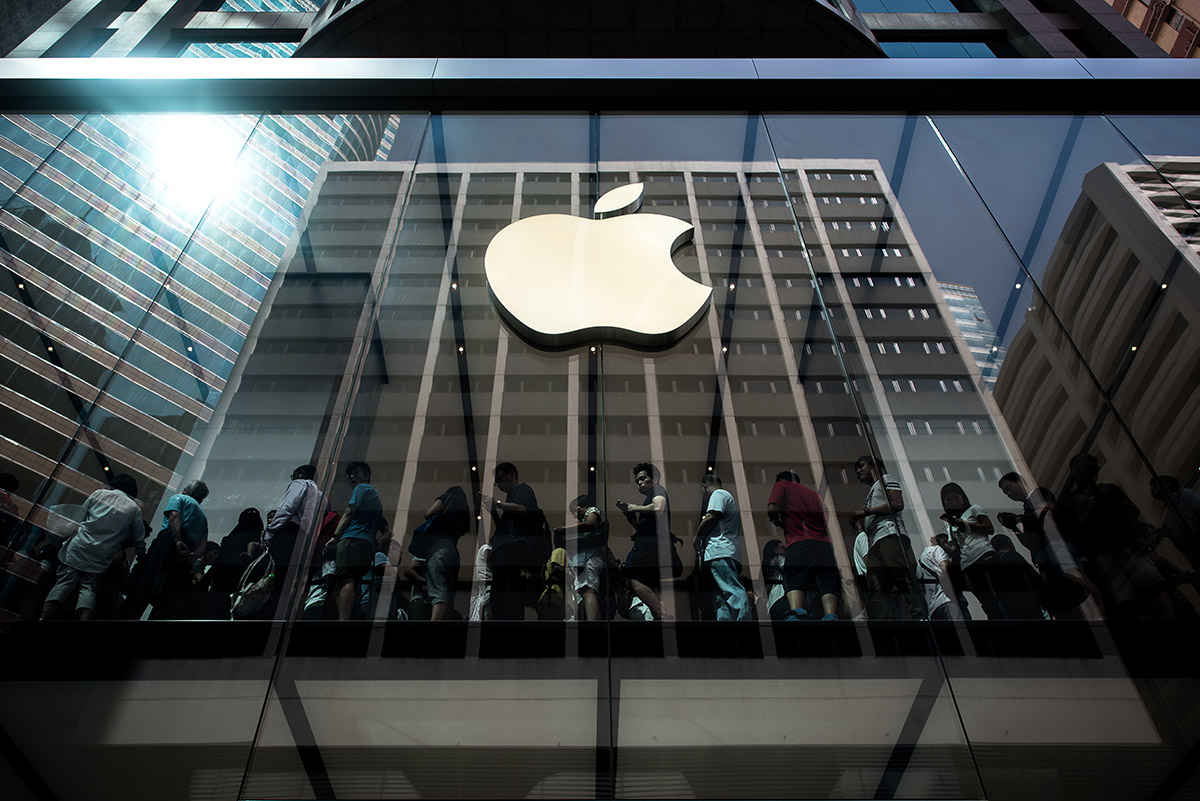Aussies hoping to buy the new iPhone are likely to be forking out more than most countries in Asia.
Australia has slumped to 25th out of 57 countries for iPhone affordability in US dollar terms, from 17th place 12 months ago and fifth cheapest two years earlier, according to an index compiled by Commonwealth Bank of Australia’s securities unit. That's despite the Aussie dollar rising about 15 percent against the greenback since September 2015.
On current pricing, Aussies could save about 170 dollars by buying a 32-gigabyte iPhone 7 in Tokyo rather than in Sydney. Fans of the iPad Pro have also fared badly Down Under, with Australia down to 17th place from second-cheapest just two years ago.
Aussies will be closely watching the local pricing of Apple Inc.'s new model iPhone that's due for release Tuesday in the US “When the currency strengthens it does pose challenges for Aussie retailers,” said Craig James, chief economist at CommSec. “If they don’t pass on the benefits to customers in the form of cheaper imported goods, Aussie consumers may go online and source the goods from abroad. Or Aussie tourists may purchase goods abroad in preference of buying goods locally.
CommSec's iPad and iPhone indexes suggest the Aussie dollar is 5 percent to 10 percent overvalued at current exchange rates. An appreciating currency comes at a difficult time: The economy is showing positive signs of transitioning to services and manufacturing driven growth and away from mining investment, yet a stronger Aussie erodes the competitiveness of exporters and import-competing industries. It also curbs prices of imports at a time when the economy is struggling to generate inflation.
CommSec created an iPod index in January 2007, when Australia was one of the world’s cheapest places to buy the iPod nano media player. It then shifted to tracking iPads and iPhones and found Australia was more middle-of-the-pack due to Apple pricing and the stronger currency.
“At current exchange rates Australian consumers would find the latest iPad or iPhone less expensive to buy in a raft of Asian countries together with the US and Canada,” James said. “It could be argued the Aussie dollar is too high against major currencies on current fundamentals. Perhaps Apple will take that into account with iPhone 8 – or is it iPhone X – pricing?” – Bloomberg
